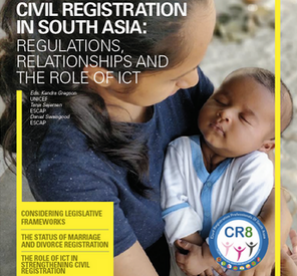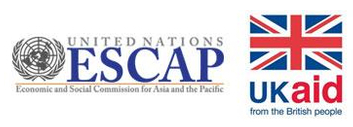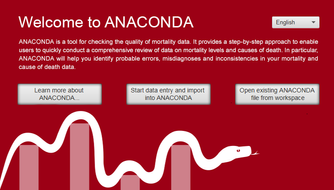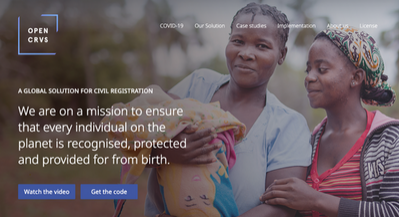On 19 September 2017 in New York, the International Labour Organization launched two seminal reports: Global Estimates for Child Labour: Results and Trends, 2012 – 2016 and Global Estimates of Modern Slavery: Forced Labour and Forced Marriage. Following the multi-year, collaborative research project conducted with Alliance 8.7 Members, the Walk Free Foundation and the International Organization for Migration, the reports reveal what the ILO deems the “true scale of modern slavery around the world”. Notably, the Child Labour report highlights the importance of birth registration, specifically as it pertains to building a policy response to child labour for the road forward.
First, the report emphasizes that, “Free and compulsory education of good quality up to the minimum age for admission to employment is a key tool in ending child labour”, but also notes that the cost to the family is one of the primary barriers preventing educational access for children. In response, the report stresses the need for investment in child education and singles out the link between cash transfers, non-means-tested benefits, and birth registration as a viable method for offsetting “the indirect cost of children’s time in school”.
Second, the report acknowledges poverty, risks, and shocks to the family as the primary drivers behind child labour and says that “social security is critical to mitigating these vulnerabilities”. After emphasizing public employment programmes, health protections, unemployment protections, and basic income security as the basis for a well-designed social security system, the report ultimately concludes that “Birth registration, itself a key human right, is an essential starting point for ensuring coverage in all of these areas”.

More News
(Newsletter: CRVS Insight July 2020) The Civil Registration Professionals of South Asia (CR8) is a…
(Newsletter: CRVS Insight July 2020) The World Bank’s Board of Executive Directors recently…
(Newsletter: CRVS Insight July 2020) The ESCAP CRVS team is committed to bringing you relevant and…
(Newsletter: CRVS Insight June 2020) ESCAP is organizing a virtual 2020 Asia-Pacific Statistics…
(Newsletter: CRVS Insight June 2020) The University of Melbourne’s Bloomberg Data for Health…
(Newsletter: CRVS Insight June 2020) The current global pandemic is disrupting CRVS systems all…
(Newsletter: CRVS Insight June 2020) Back in March, the World Bank’s Board of Executive Directors…
(Newsletter: CRVS Insight June 2020) Unfortunately, the CRVS system of Pakistan does not currently…
(Newsletter: CRVS Insight May (2) 2020) Plan International, the creators of OpenCRVS, the digital…
(Newsletter: CRVS Insight May (2) 2020) Data for Health's Data for COVID-19 Webinar Session this…











